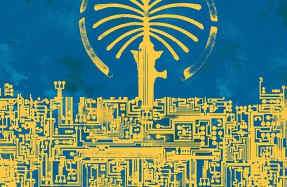A turning point for athlete mental health

AFTER MICHAEL PHELPS HEARD ON MAY 31 THAT NAOMI Osaka had pulled out of the French Open and he read her Instagram message explaining why—Osaka cited “feeling vulnerable and anxious” in Paris, and revealed that she has suffered from “long bouts of depression” since defeating Serena Williams at the 2018 U.S. Open—a bunch of thoughts rushed into his head. Phelps is the greatest swimmer of all time, winner of 23 Olympic gold medals. But no amount of winning staved off his depression and contemplation of suicide.
Phelps, who has gone public with his struggles and emerged as one of the foremost mental-health advocates in sports, could sense that Osaka’s revelations—and her decision to forgo a shot at another Grand Slam title
You’re reading a preview, subscribe to read more.
Start your free 30 days





